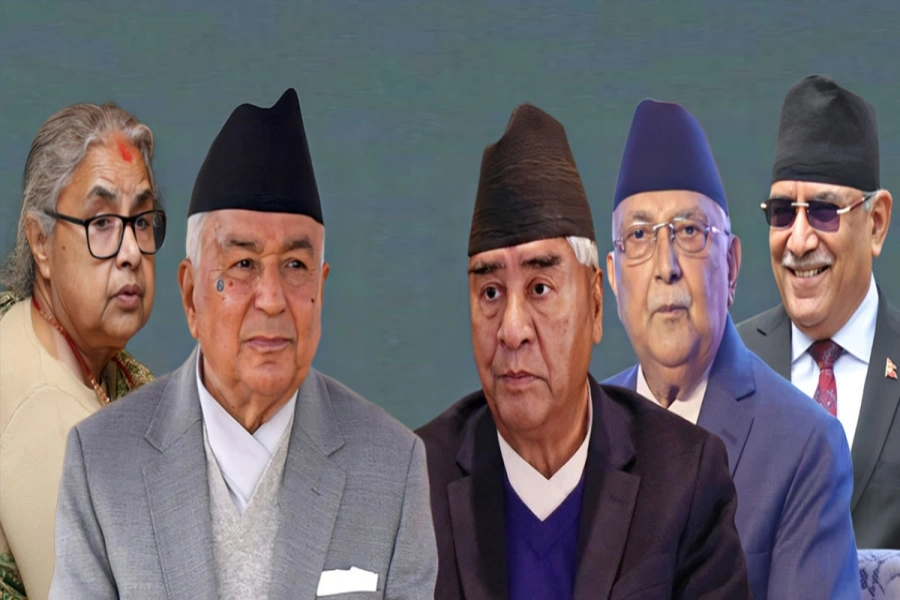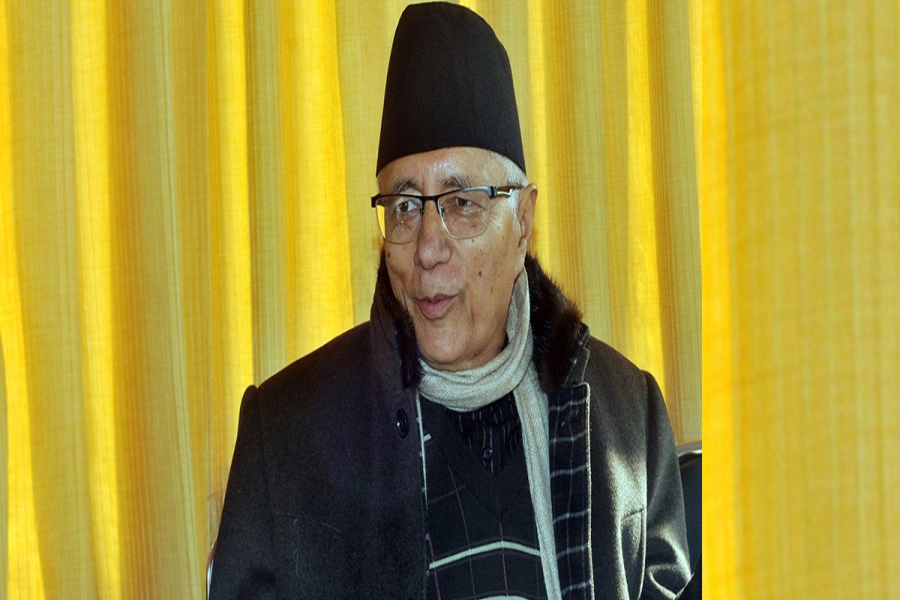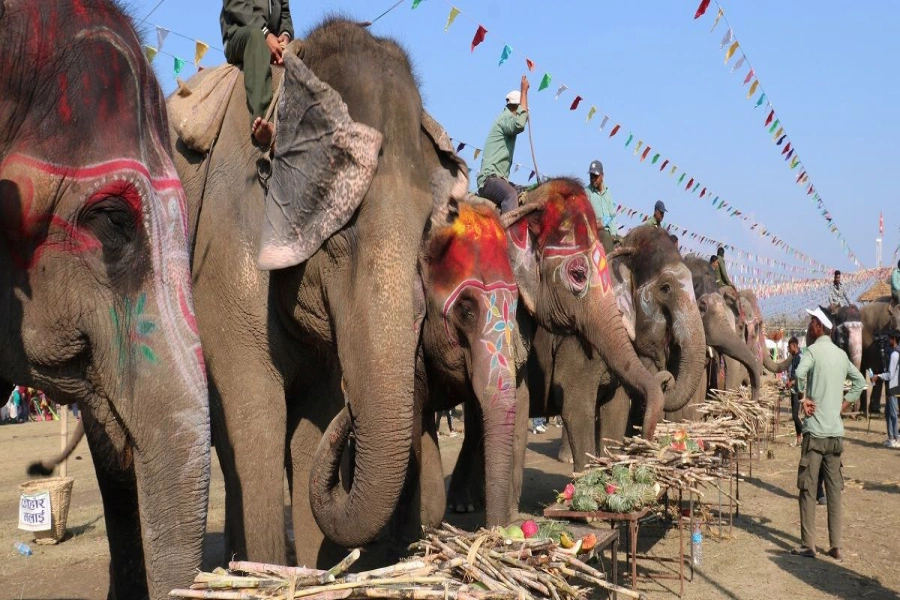KATHMANDU, Jan 2: Former Foreign Minister Ramesh Nath Pandey expressed concern over the evident differences among major political parties in Nepal regarding major powers including Nepal's immediate neighbors, emphasizing the potential for disaster.
During a media conversation at his residence on Monday, Pandey expressed concern that such polarization among major political parties, particularly concerning India, China and the US could lead Nepal to disaster.
"In foreign relations, especially with immediate neighbors and the US, the differences and polarization among major parties are unfortunate. This will lead to disaster," he said, adding, "Foreign policy and relations should be Nepal's own.”
Former Minister Pandey to be conferred with Japan's prestigious...

He argued that the spokesperson and operator of the country’s foreign policy should only be the Prime Minister and the Foreign Minister.
Minister Pandey further argued that the policy of equidistance with India and China has instead increased the distance between Nepal and those countries. "We should cultivate a relationship of closeness, understanding, and trust with both."
He mentioned that Nepal is failing to establish a government mechanism alert to the strategic realities of India, China, and the US and is not conducting foreign relations in a mature manner.
On the other hand, Pandey stated that mistrust from both neighbors is growing in Nepal's ability to resist pressure from third countries or prevent possible conspiracies against them on Nepali soil.
"This issue should be addressed convincingly and on time. In particular, the increasing tendency of young people, indifferent to national security, to leave the country and migrate abroad is alarming. There is a situation where only the elderly and children live in villages and districts, and foreign powers increasing their influence are starting to prefer political instability in Nepal, which they can manage. So, I urge my friends in the leadership to be aware of this," he said.
Pandey argued that the active and powerful tendency to push the world toward destruction is evident. He cited the Russia-Ukraine war and the Israel-Hamas conflict as warnings that the spark of war can come from anywhere and start at any time.
Pandey further stated that recent developments indicate that a small country with a geopolitical establishment linked to the strategic interests of regional or world powers is becoming insecure. Instead of building a safe future by being cautious about this trend, Pandey observed that Nepal is headed towards a sad future due to inconsistency in the country’s foreign policy, isolation in foreign relations, and the loss of trust in relations with its immediate neighbors.
Pandey also lamented that, despite Nepal's infamous reputation as a mercenary country worldwide, the government is inactive. He alleged that even though Hamas has kept a student studying in Israel hostage for three months, the Nepal government has chosen fate as an alternative to passive and diplomatic leadership.







































